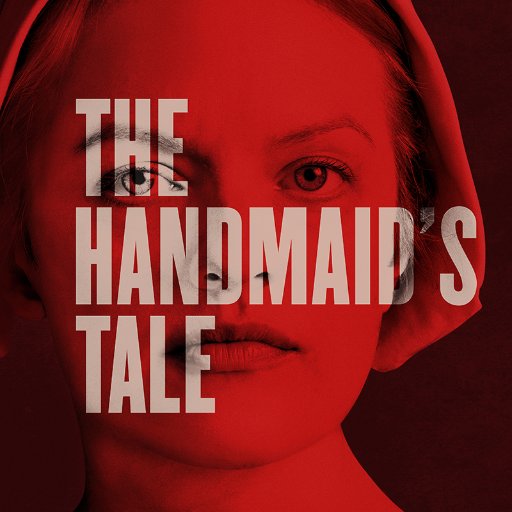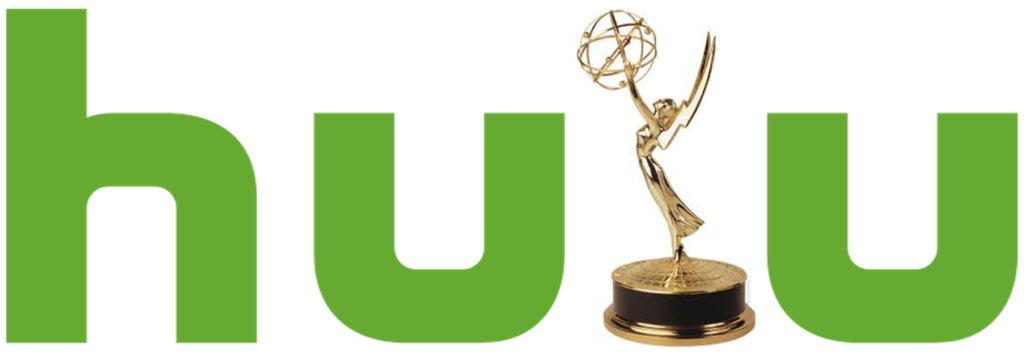 Last week’s post about what it takes to win a Marconi Award elicited a lot of response from both winners and aspirants. But pretty much everyone agreed that it takes time and persistence to win one of these coveted radio trophies. As is the case most years, members of the “old guard” in radio often take home the big prize.
Last week’s post about what it takes to win a Marconi Award elicited a lot of response from both winners and aspirants. But pretty much everyone agreed that it takes time and persistence to win one of these coveted radio trophies. As is the case most years, members of the “old guard” in radio often take home the big prize.
And yet while watching the Emmy Awards on Sunday night, it became clear that some of the old rules and standards of success are falling by the wayside. A case in point was “The Handmaid’s Tale,” winner of five Emmy awards, including the vaunted “Best Drama.” A cameo by Sean Spicer may have surprised many viewers, but the real eye-opener was that Hulu walked away with all those prized statuettes.
While Netflix has pulled off some big wins these past few years with “House of Cards” and “Orange Is The New Black,” winning Emmys is a first for Hulu, a subscription network that launched in 2008 primarily as a way to catch up on network shows. A story in Vulture tracks the success of “The Handmaid’s Tale” through the observations of Hulu CEO Mike Hopkins who explains the phenomenon:
“The engagement of the viewers is really high. And what I mean by that is that a huge percentage of people are watching every episode. We also just see this massive spike of people coming in and watching it the second that it comes out…Every week there are new people joining and starting from episode one. We’ve just seen this up-and-to-the-right trend of new subscribers getting in, and existing subscribers keeping up. So it’s something that’s actually growing week to week, [rather than] that normal decay that you see in Nielsen ratings from the vast majority of shows.”
If you didn’t know better, you’d swear Hopkins is talking about a podcast, not a TV show.
 The other interesting parallel is that Hulu wasn’t started as a “network killer.” It was actually launched by the networks, specifically Disney/ABC, Fox, Comcast/NBCUniversal, and Time Warner/Turner Broadcasting System.
The other interesting parallel is that Hulu wasn’t started as a “network killer.” It was actually launched by the networks, specifically Disney/ABC, Fox, Comcast/NBCUniversal, and Time Warner/Turner Broadcasting System.
By creating their own streaming video subscription service, these network powerhouses came up with their answer to Netflix. But as Hulu created original content, these same behemoths are now disrupting themselves. Hopkins notes that Hulu will likely launch as many as 20 premium shows by next year as it evolves and grows into a bona fide content creator.
The radio industry should be watching this intently. As we’ve discussed in this blog in recent years, broadcasters have had every opportunity to launch their own versions streaming services in the past. Both Pandora and Slacker could have been had for relatively small investments.
Hulu’s success with “The Handmaid’s Tale” is reminiscent of how a commercial radio broadcaster might launch a great podcast that enjoyed viral, widespread success.
Radio still is thinking in terms of creating the next syndicated radio show. But usage patterns and consumption habits strongly suggest the podcasting platform may, in fact, be more fertile turf.
And you never know – a popular podcast produced by a radio broadcaster could snag a Marconi one day.
Maybe it’s time to create a “Best Podcast” category for the next Radio Show.
- What To Do If Your Radio Station Goes Through A Midlife Crisis - April 25, 2025
- A 2020 Lesson?It Could All Be Gone In A Flash - April 24, 2025
- How AI Can Give Radio Personalities More…PERSONALITY - April 23, 2025




Absolutely. Digital outlets are already taking home Edward R. Murrow awards, both video and audio, from the RTDNA. Marconis might not be far behind. If it encourages more engaging, relevant content that serves a community, then I’m not sure that’s a bad thing.
Beverlee, that’s is very likely the end result – everyone steps up their game. No question the networks are getting the message. Thanks for the comment.